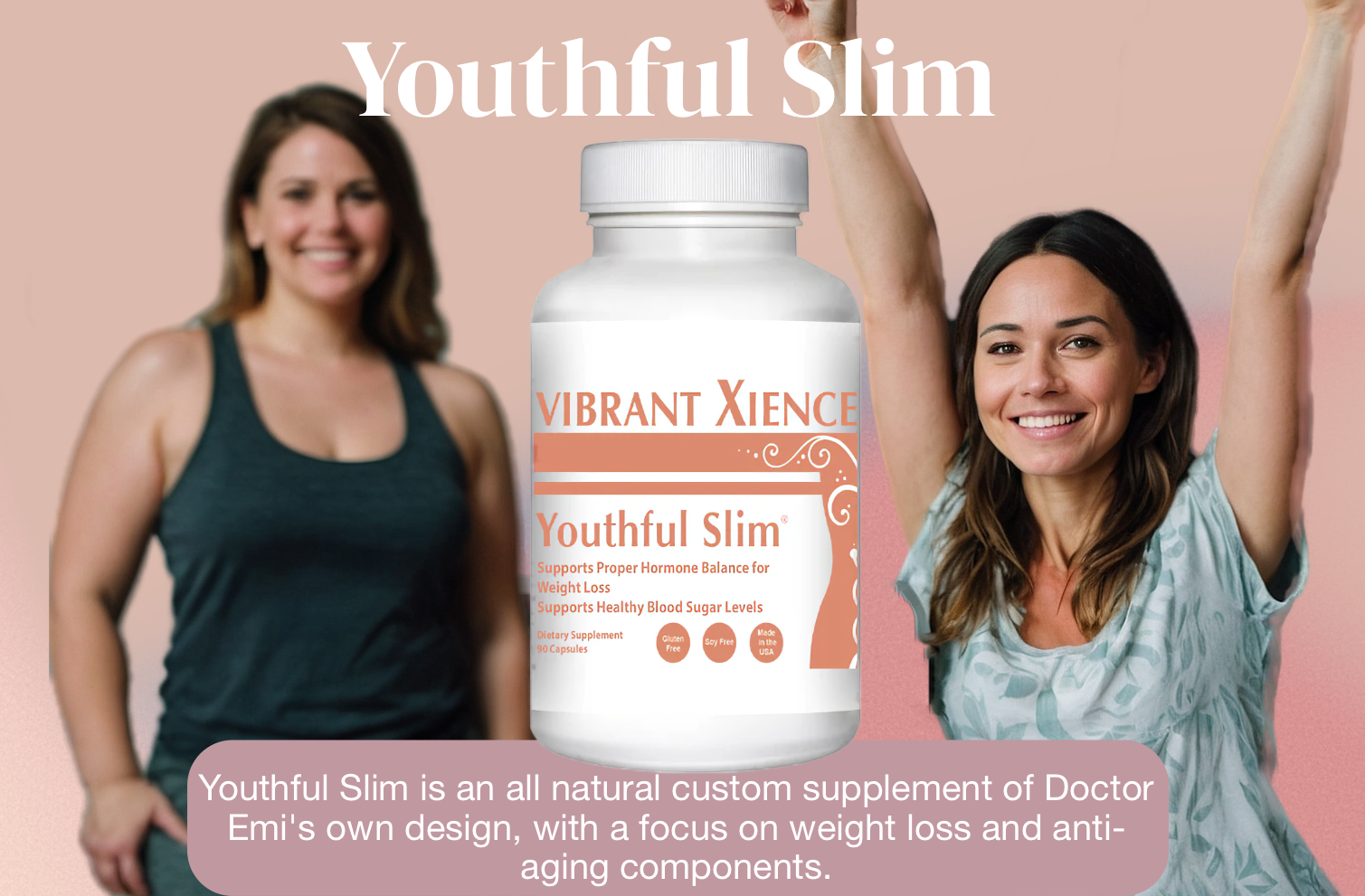Hey lovelies, Olivia here! Today, we're jumping headfirst into the fascinating world of tofu. Don't worry, carnivores. This isn't a lecture on why tofu should replace meat in your diet (although it can be a fantastic protein source!). This is an ode to this versatile, delicious, and oh-so-nutritious bean curd.

Whether you're a seasoned tofu pro or a curious newbie, this article has something for you. We'll explore the history and production of tofu, delve into its impressive health benefits (because let's face it, you are what you eat!), and unveil some secret hacks to transform tofu from bland to "dang, that's good!" in your salads. Buckle up, tofu lovers (and soon-to-be lovers)!
From Soybean to Silken Sensation
So, how exactly do soybeans become the soft, white block we know and love?
Tofu's origins trace back to ancient China, around 2000 years ago.
The process is surprisingly simple yet elegant. Soybeans are soaked, ground, and boiled to create soy milk.
Legend has it that a Chinese scholar accidentally curdled soy milk with nigari, a mineral-rich brine, and voila! Tofu was born.
How such a scholar decided to give it a taste is still unanswered to me, but I tofu away nonetheless.
This milk is then coagulated using a coagulant like nigari, calcium sulfate, or even lemon juice. The curds are separated from the whey (similar to cheesemaking) and pressed into blocks of varying firmness.
The type of coagulant, pressing time, and additional ingredients used all contribute to the final texture of the tofu. Over time, this culinary innovation spread throughout Asia and eventually made its way to Western kitchens.

Why Tofu Deserves a Spot on Your Plate
Now, let's get down to the good stuff: the health benefits of tofu! Don't be fooled by its unassuming appearance; tofu packs a powerful nutritional punch. Here's a glimpse of why it deserves a permanent spot on your grocery list:
Protein Powerhouse: One serving of tofu boasts around 8 grams of protein, making it a fantastic option for vegetarians and vegans who need plant-based protein sources. This protein helps keep you feeling full, supports muscle building and repair, and contributes to overall cell health.

Youthful Slim
Youthful Slim packs a powerful punch with three carefully selected ingredients: DNF 10, Berberine, and GTF Excell Chromium™. These ingredients work together to curb cravings, promote a healthy body composition, and sustain balanced energy levels.
Essential Amino Acids: Unlike some plant-based proteins, tofu is a complete protein, meaning it contains all nine essential amino acids your body can't produce on its own. These building blocks are crucial for various bodily functions like growth, hormone production, and enzyme activity.
Bone Health Champion: Tofu is a good source of calcium and magnesium, both essential for strong bones and teeth. Studies suggest that regular soy consumption might even help prevent osteoporosis, especially in postmenopausal women.
Heart Health Hero: Tofu is naturally cholesterol-free and low in saturated fat. It also contains soy isoflavones, which have been shown to improve blood vessel health and potentially lower LDL ("bad") cholesterol levels.
| Country | Tofu Consumption per Capita (kg/year) |
|---|---|
| Japan | 8.5 |
| South Korea | 6.3 |
| China | 5.8 |
| United States | 1.2 |
| Canada | 0.9 |
| Germany | 0.7 |
| United Kingdom | 0.5 |
| Australia | 0.4 |
| France | 0.3 |
| Brazil | 0.2 |
Friend to Your Gut: Tofu is a good source of prebiotics, which are non-digestible fibers that feed the good bacteria in your gut. These friendly bacteria contribute to a healthy digestive system, improved immune function, and even better mood regulation.
The terms "good bacteria" and "bad bacteria" are used to differentiate between bacteria that are beneficial to our health and those that can cause diseases or infections. However, it's important to note that the classification of bacteria as "good" or "bad" can be overly simplistic, as their effects can vary based on their numbers, location within the body, and the overall health of the host. Here’s a more nuanced look at the differences:
Good Bacteria
- Probiotics: Often referred to as "good bacteria," probiotics are live microorganisms that, when consumed in adequate amounts, confer a health benefit on the host. They are found in fermented foods like yogurt, sauerkraut, and kimchi, as well as in dietary supplements.
- Role in the Body: Good bacteria play crucial roles in digesting food, absorbing nutrients, synthesizing certain vitamins (like B and K), and protecting against pathogens by competing for nutrition and attachment sites in the body's mucosa. They are a fundamental part of the body’s microbiome, particularly in the gut, where they help maintain the intestinal lining, support immune function, and prevent the overgrowth of harmful bacteria.
- Examples: Lactobacillus and Bifidobacterium are two genera of bacteria often mentioned for their probiotic qualities.
Bad Bacteria
- Pathogens: These bacteria cause infections and diseases in the host. They can invade the body through various means, such as contaminated food or water, cuts, or contact with an infected person or object. Once inside, they can multiply rapidly and release toxins that harm the body.
- Effects on the Body: Bad bacteria can cause a wide range of illnesses, from mild skin infections to more serious conditions like pneumonia, meningitis, or foodborne illnesses. The severity of the disease depends on the type of bacteria, the site of infection, and the health and immune status of the individual.
- Examples: Salmonella, Escherichia coli (certain strains), and Staphylococcus aureus are well-known pathogens that can cause disease in humans.
Context Matters
- Balance is Key: The body hosts a vast array of bacteria, many of which are beneficial or at least not harmful under normal circumstances. However, when the balance between good and bad bacteria is disrupted (due to factors like antibiotic use, diet changes, or illness), health problems can arise.
- Location-Specific: Some bacteria are beneficial in one part of the body but can cause disease if they enter another. For instance, E. coli normally lives harmlessly in the intestine, but if it spreads to the urinary tract, it can cause a urinary tract infection.
Understanding the complex roles bacteria play in our health highlights the importance of maintaining a balanced microbiome and why indiscriminate use of antibiotics (which can kill both good and bad bacteria) should be avoided whenever possible.

Ultimate Cell Energy
Unlock your brain's potential with Ultimate Cell Energy. This unique formula is crafted to boost brain performance and maintain brain health, so you can stay sharp and focused every day.
Beyond Basics, The Health Benefits
A large part of tofu's health benefits can be attributed to its content of isoflavones. These plant-based compounds mimic the structure of estrogen, the female sex hormone. This unique property allows them to potentially interact with the body in interesting ways. Here's a closer look at some promising areas of research:
Cancer Prevention: Studies suggest that isoflavones might have anti-cancer properties. Specifically, they might play a role in preventing hormone-sensitive cancers like breast and prostate cancer [1]. The theory is that isoflavones can bind to estrogen receptors in cells, potentially interfering with the growth of cancer cells that rely on estrogen for growth. However, research in this area is ongoing, and more studies are needed to confirm these findings.
Menopausal Relief: As mentioned earlier, isoflavones' structural similarity to estrogen makes them potential allies during menopause. During this transition, estrogen levels naturally decline, leading to symptoms like hot flashes, night sweats, and vaginal dryness. Studies suggest that isoflavones might help alleviate these symptoms by providing a weak estrogenic effect [2].
It's important to note that research on the effectiveness of isoflavones for menopausal symptoms is mixed. Some studies show significant benefits, while others show little to no effect. Additionally, some women might experience side effects like bloating or headaches with isoflavone consumption.
Heart Health Hero: Soy isoflavones seem to have a positive impact on cardiovascular health. Studies suggest they might improve blood vessel function and potentially lower LDL ("bad") cholesterol levels while increasing HDL ("good") cholesterol [3]. This translates to a reduced risk of heart disease, stroke, and other cardiovascular complications.
Bone Health: Tofu is a good source of calcium and magnesium, both essential for maintaining strong bones. Some studies suggest that regular soy consumption might help prevent osteoporosis, especially in postmenopausal women [4]. This could be due to the combined effects of isoflavones, calcium, and other bone-supporting nutrients found in tofu.
Brain Health: While research is still in its early stages, some studies suggest that soy consumption might have a neuroprotective effect, potentially helping to improve cognitive function and memory [5]. This is particularly interesting for reducing the risk of dementia and Alzheimer's disease as we age.
Weight Management: Tofu is a low-calorie, high-protein food. Including it in your diet can help you feel fuller for longer, potentially reducing overall calorie intake and aiding in weight management efforts.

Transforming Bland to "Dang, That's Good!"
Let's be honest: plain tofu can be a bit, well, bland. But fear not, tofu enthusiasts! With a few simple hacks, you can transform this versatile ingredient into a flavor and texture explosion in your salads. Here are some secret weapons to elevate your tofu game:
The Press is Your Friend: For firmer tofu, use a tofu press to expel excess moisture. This allows the tofu to absorb marinades better and achieve a crispier texture when pan-fried or baked.
Flavor Frenzy: Marinate your tofu! Cubes, crumbles, or even sliced tofu can soak up a world of flavor. Try marinades with soy sauce, ginger, garlic, lime juice, or your favorite spices.
The Art of the Crisp: After marinating, achieve that perfect golden crisp! Pan-frying, air-frying, or baking are all excellent methods. For pan-frying, use a non-stick pan with a little oil to prevent sticking. Air-frying allows for a healthier crisp with minimal oil. Baking works well for marinated tofu cubes tossed with a bit of cornstarch or arrowroot powder for extra crunch.
Texture Twists: Don't be afraid to experiment with textures! For a smoother tofu experience, blend silken tofu into creamy salad dressings or dips. Crumbled firm tofu adds a satisfying meaty texture to salads and bowls. Freeze-thawed tofu takes on a spongier texture, perfect for soaking up bold flavors in stir-fries.
Salad Sensations: Now, let's talk salad magic! Diced, marinated, and pan-fried tofu adds a delightful protein punch to your salad base. Crumbled tofu with a sprinkle of nutritional yeast adds a cheesy, savory element. Silken tofu can be blended with herbs and spices for a creamy, protein-rich dressing.
Embrace the Versatility of Tofu
Tofu truly is a wonder ingredient. It's affordable, nutritious, and endlessly adaptable. Whether you're a seasoned tofu pro or a curious newbie, I encourage you to embrace its versatility. Explore different textures, experiment with marinades, and discover the endless possibilities tofu brings to your table. Remember, you are what you eat, and with tofu, you're fueling your body with goodness in every delicious bite.
I hope that this journey in history allows you to get a sense that tofu should be part of your health and dieting journey regardless of whether you are a carnivore or a plant lover. Now I am hungry for some!



